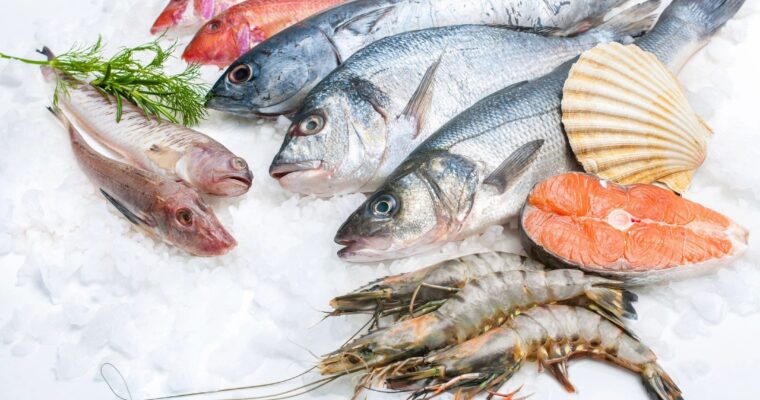PRIMARY FOOD, LIFESTYLE AND OUR HEALTH~SOCIAL LIFE
By: Allie Might, FMC, INHC, ATT
Many people don’t think of having a social life as being part of a healthy lifestyle. I didn’t either for a long time. However, like many of us, my mind was changed during the COVID pandemic and lock down. I can to realize how much I missed being out and interacting with old and new friends alike. So, is the idea of a social life a product of COVID, or is it really a wellness essential?
Believe it or not, socializing or having an active social life, is not only an important part of one heath, but it’s also been the subject of studies in support of this theory. Social interactions have been shown to be helpful in supporting our cognitive functions. An article from Harvard Health Publishing/Harvard Medical School titled ‘Get Back Your Social Life to Boost Thinking, Memory and Health’ discusses how any form of socializing can decrease risk of cognitive decline and improve memory. It can also help to lower the risk of depression. It seems as though it doesn’t matter the type of socializing you partake in, as long as there is some form that you enjoy. As humans, we are social by nature, so we can have a natural craving and need for socialization. It can be as simple as a weekly call with a friend, a monthly meal “date”, a shopping trip or a ball game. Some feel more comfortable in more group social gatherings as parties, BBQs, picnics or happy hours. These can be one-on-one, small groups, community activities or even volunteer work. Find your comfort level and make it part of your monthly routine. How will you make socialization a priority in your wellness plan?
I can tell you from person experience that I never realized how important socialization was to my own well-being until the COVID pandemic hit and caused lengthy shutdowns. I always felt fortunate being an “essential worker” which allowed me to get out of my home, go to work and be around people, even though we were following social distancing guidelines. I even had standing weekly get-together with a friend, still following guidelines, when we sat outside, got fresh air, had something to drink or a snack (at our usual place we licked to visit) and took the time to chat and check in with each other. This was important to us because we always did this and we found that finding a way to keep this routine helped keep things as normal as possible. I often said that this helped me to have “sanity” during such a difficult, stressful and uncertain time. Little did I know that this has actually been shown to be essential?
There are a couple of nutrients that I like to help aid in keeping healthy when increasing social activities. I have always found that adding B-vitamins and supporting the immune system is always important.
B-COMPLEX 100 can be an absolute must-have for many people that have an active social life. One of the things that can often be part of socializing is the incorporation of cocktails. Whether you are someone who only drinks on occasion or someone who is a little more experienced, it can sometimes be easy to over indulge, especially when conversing with friends. The consumption of alcohol can often contribute to some dehydration, as well as deplete the B-vitamins in the body. The result of these deletions is often the “hangover” feeling that some may experience.
IMMUNITY HX is a formula which contains a combination of Vitamin C, Vitamin D and Zinc. While most people are familiar with Vitamin C and Zinc for the immune system, they are often surprised having Vitamin D also recommended. This is because Vitamin D helps to regulate the immune system for proper and health function.
newsnetwork.mayoclinic.org/discussion/mayo-clinic-minute-the-benefits-of-being-socially-connected/
www.psychologytoday.com/us/blog/the-modern-brain/202303/the-brain-benefits-of-social-connection?msockid=102ffcee009769fa30f8f11d011f685e
www.health.harvard.edu/mind-and-mood/get-back-your-social-life-to-boost-thinking-memory-and-health
www.psychologytoday.com/us/basics/social-life?msockid=102ffcee009769fa30f8f11d011f685e
www.health.harvard.edu/staying-healthy/7-steps-to-cure-your-hangover
www.buoyhealth.com/health/best-hangover-vitamins
www.ncbi.nlm.nih.gov/pmc/articles/PMC7281985








